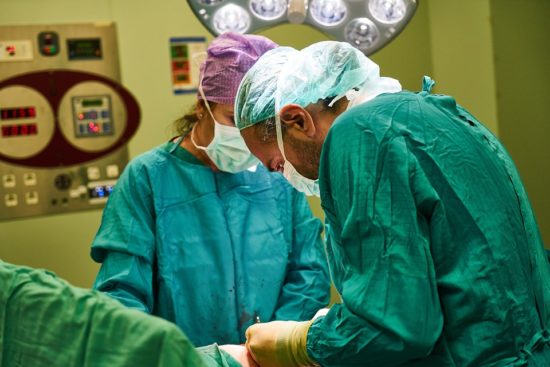Antimicrobial Awareness Week 2021: Surgical site infections worsening globally
More than 2.8 million antibiotic-resistant infections occur in the United States each year, and more than 35,000 people die because of complications caused by resistance to antibiotics, according to 2019 data by the Centers for Disease Control (CDC).
Antimicrobial Resistance (AMR) occurs when infecting microorganisms become non-responsive to antimicrobials, as the microbes develop some intrinsic inheritable changes over time.
Infection, therefore, becomes difficult to treat. This leads to risk of disease spread, severe illness and in some cases, death.
Irrational use of antibiotics is one of the important factors contributing to genesis of multidrug resistant bacteria or microorganisms.
An alarming global spread of ‘superbugs’ such as Carbapenem-resistant Enterobacteriaceae (CRE), Methicillin-resistant Staphylococcus aureus (MRSA), Vancomycin-resistant Enterococcus (VRE), multidrug-resistant Pseudomonas aeruginosa, etc has become a cause of concern.
Patients who develop infections caused by resistant micro-pathogens are at an increased risk of mortality, morbidity and longer hospital stays.
AMR in surgical settings
The development of antibiotic resistance mechanisms by these bacterial strains has put forward multiple challenges to manage surgical site infections (SSI) globally.
SSIs are the third-most common hospital-acquired infections, accounting for 38 per cent of all nosocomial infections, according to the National Nosocomial Infection Surveillance System of the CDC.
AMR NEWS
Your Biweekly Source for Global AMR Insights!
Stay informed with the essential newsletter that brings together all the latest One Health news on antimicrobial resistance. Delivered straight to your inbox every two weeks, AMR NEWS provides a curated selection of international insights, key publications, and the latest updates in the fight against AMR.
Don’t miss out on staying ahead in the global AMR movement—subscribe now!







